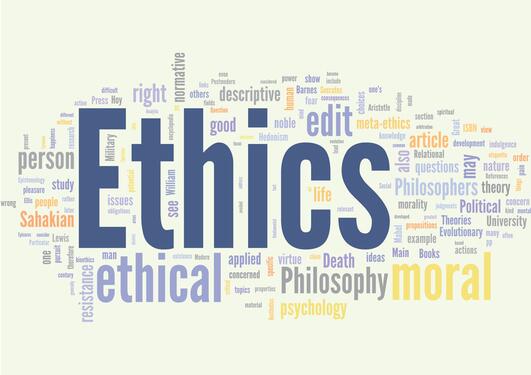Bodies and committees
In addition to UiB’s committees, there are national bodies that contribute to the regulation of research ethics in the sector.

Main content
Research ethics is regulated through a set of laws, regulations, guidelines and norms.
The University is primarily responsible for ensuring that research is conducted in accordance with these regulations, and has established a committee to build a culture of good research ethics and follow up possible violations of research ethics norms.
Committees at UiB
The Research Ethics Committee
The Research Ethics Committee is the University’s highest institutional body for the regulation of research ethics.
The Research Ethics Committee is appointed by the University Board and consists of the Pro-Rector as chairperson and four members with expertise in research ethics and law, one of whom is external.
The committee’s mandate is twofold:
- The committee shall contribute to promoting good research practice and preventing research misconduct through academic events such as conferences and seminars that deal with current research ethics issues.
- The committee shall process cases concerning possible violations of recognised research ethics norms.
Local research ethics committees
In order to strengthen UiB’s efforts in detecting, processing and reporting cases of possible violations of recognised research ethics norms and research misconduct, the University Board has decided to establish permanent, local research ethics committees at each faculty to investigate the cases.
The committees are expected to be established during the first half of 2023.
Up until this board decision, only the Faculty of Medicine has had its own local research ethics committee. Special legislation such as the Health Research Act and its regulations, regulations on the use of animals in research, and data protection legislation contain detailed provisions that medical research must comply with.
National bodies
The National Research Ethics Committees is an independent professional body affiliated with the Ministry of Education and Research. The committees have drawn up research ethics guidelines that codify recognised values, norms and practices that form the basis for all research. The guidelines are intended to promote ethical reflection among researchers and in the research community.
The National Research Ethics Committees consists of the following professional, independent committees:
- National Committee for Medical and Health Research Ethics
- National Committee for Research Ethics in Science and Technology
- National Committee for Research Ethics in the Social Sciences and the Humanities
- National Commission for the Investigation of Research Misconduct
- National Committee for Research Ethics on Human Remains
National Commission for the Investigation of Research Misconduct
The National Commission for the Investigation of Research Misconduct is organised under the National Research Ethics Committees, and represents a national resource for institutions in the university and university college sector for processing cases involving research misconduct.
The commission is a supplement to UiB’s own bodies. As a research institution, UiB, just like the rest of the sector, must report processed cases to the National Commission for the Investigation of Research Misconduct.
